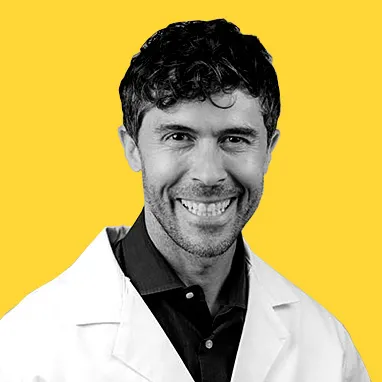AFib for Beginners


What Is AFib?
When you have atrial fibrillation (AFib), your heart has bouts of irregular, often rapid beats. This is called arrhythmia. When this happens, the upper chambers of your heart are out of sync with the lower chambers. You may feel no symptoms, or you may have a fast, pounding heartbeat, shortness of breath, or an overall feeling of weakness.

What to Do Right Away
If you’ve had symptoms but don’t have an official diagnosis, you need to see a doctor for a diagnosis and treatment plan. AFib increases the risk of blood clots, stroke, heart failure, and other heart-related complications. That’s why you need treatment. Your doctor can diagnose AFib by listening to your heart with a stethoscope or through tests to rule out other heart conditions.

What to Expect From Your Medical Team
Your health care team will have several goals as they help you manage your AFib: Get your heart back to a normal rhythm, lower an abnormally high heart rate, prevent blood clots, manage risk factors for stroke, and prevent other heart rhythm problems and heart failure.

Treatment Options
The best treatment for you will depend on how long you’ve had AFib, how severe it is, and what’s causing it. You may take medications that regulate your heart rate or rhythm, or blood thinners to help prevent clots. Or you may need a procedure called a cardioversion, where a doctor attempts to reset your heart rhythm using electric shocks or drugs.

Ablation
If other treatments don’t work, your doctor may recommend a cardiac ablation. Doctors do this either with a catheter – a thin tube that reaches the heart through an artery in your groin – or through open-heart surgery. Ablation uses heat or extreme cold to scar the part of your heart that’s causing the problem. This blocks abnormal electrical signals so your heartbeat can go back to normal.

Lifestyle Changes
Alongside medications or procedures to treat your AFib, your doctor may suggest certain changes to your daily life that can help support your heart health. These include a heart-healthy diet, regular exercise, good cholesterol and blood pressure levels, limiting alcohol, and quitting smoking.

Travel Tips
You can certainly live an active life with AFib, but there are times when it’s good to take extra precautions. If you’re going to be away from home for an extended time, be sure you have your medications. You’ll also need to know where medical facilities are at your destination, get regular leg movement to help prevent clots, and consider wearing a medical ID bracelet if you are taking a blood thinner.

Know the Triggers
Many of the things that put stress on your heart can trigger a bout of AFib. These include poor sleep, caffeine, alcohol, high levels of intense exercise, dehydration, large and heavy meals, and too much general life stress.

Questions for Your Doc
When you meet with your doctor, get the facts. You can ask:
- What’s causing my AFib?
- What do you think is the best treatment for me?
- Should I change my diet or other habits to help manage it?
- What symptoms could be signs of a more serious problem?

Resources
Your doctor can point you toward credible sources for more information and support. Online communities on social media can connect you with other people living with AFib. Good sources of info include the American Heart Association, My AFib Experience, and the American College of Cardiology’s AFib site CardioSmart.
Show Sources
IMAGES PROVIDED BY:
1) TUMEGGY / SCIENCE PHOTO LIBRARY / Getty Images
2) sudok1 / Getty Images
3) Tom Werner / Getty Images
4) Lock Stock / Getty Images
5) Georgiy Datsenko / Getty Images
6) svariophoto / Getty Images
7) RichLegg / Getty Images
8) jacqueline harriet, photographer / Getty Images
9) Joy10000Lightpower / Getty Images
10) Sam Edwards / Getty Images
SOURCES:
Mayo Clinic: “Atrial Fibrillation.”
American Heart Association: “Treatment and Prevention of Atrial Fibrillation,” “FAQs About AFib.”
Michigan Medicine: “7 common Afib triggers that may surprise you.”